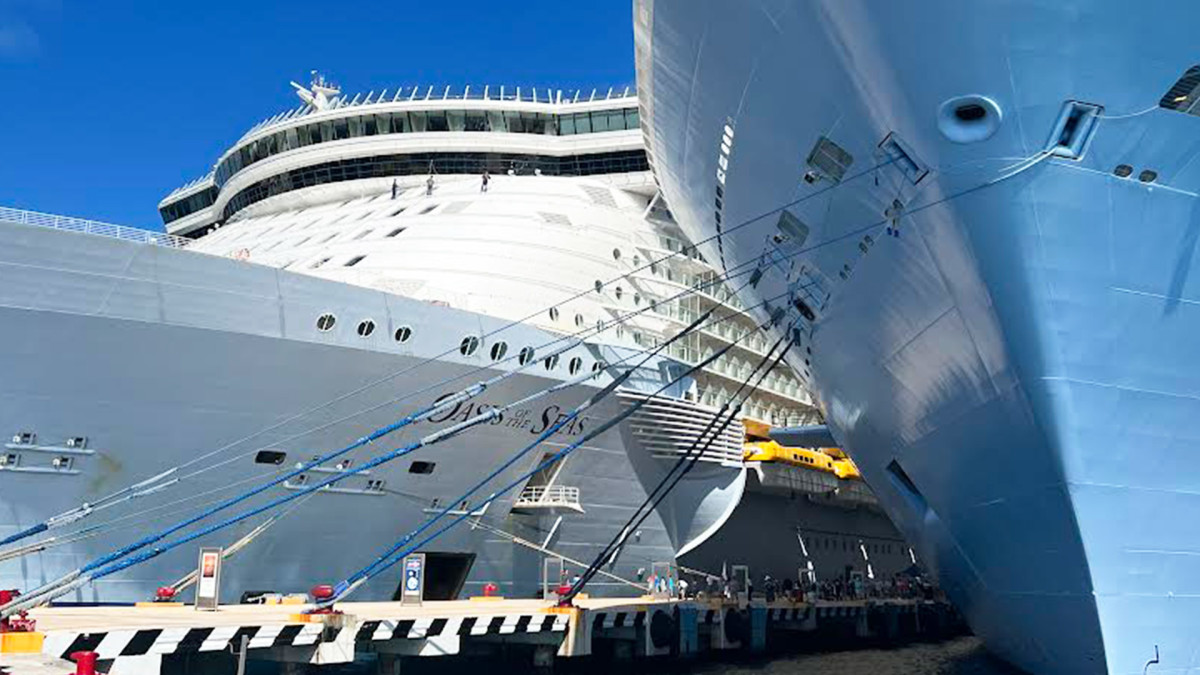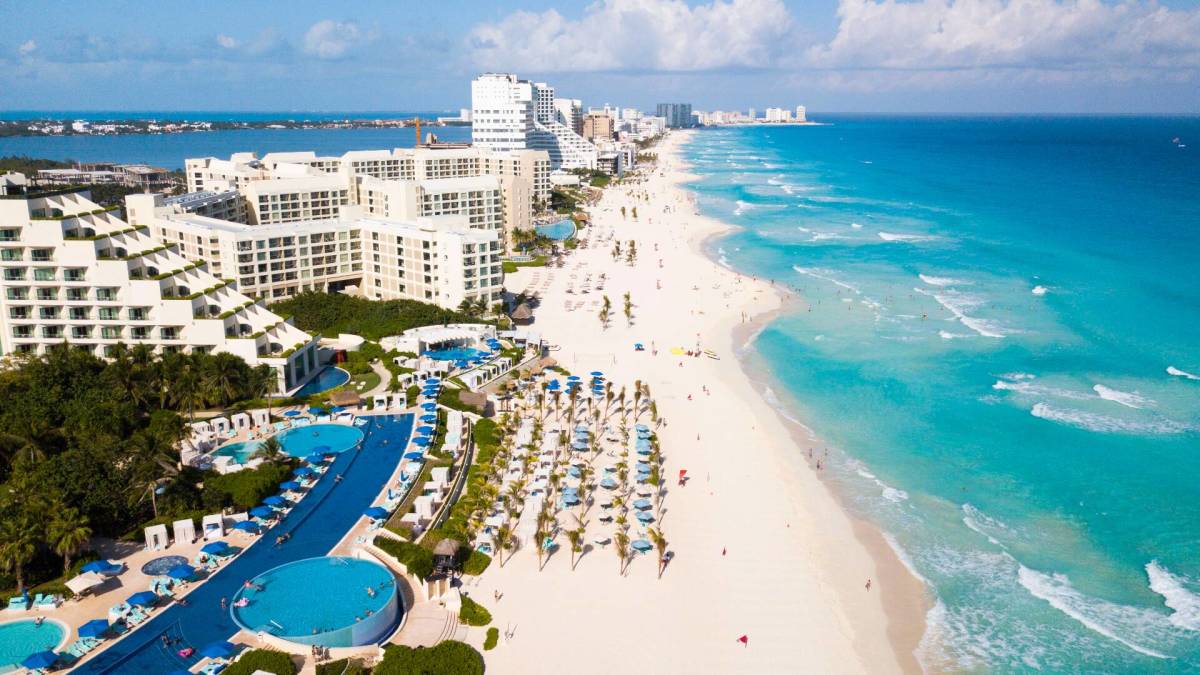
In early December Mexico passed a massive tax affecting cruisers but not people who visit the country for longer stays via air or land.
That move was widely opposed by the Florida Caribbean Cruise Association, a trade group representing much of the industry. The FCCA saw the tax as punishing cruise-line passengers.
Now, the Mexican government has suspended implementation of the tax for six months, delaying it till July 1.
Once implemented, the new tax will be $42 for every cruise passenger who visits a Mexican port. The tax will be collected whether the passenger gets off the ship in that port or not.
The FCCA called the $42 tax a “staggering more than 213% increase" over the average cost of a Caribbean port. It also shared serious doubt that the Mexican ports could remain competitive with an added tax that high.

Image source: Shutterstock
Mexico adds time to negotiate port tax
A family of four visiting a Mexican cruise port would spend an extra $168 in fees for a few hours ashore, "while tourists crossing the border by land and stay for seven days or less remain exempt from the tax,” the trade association noted. This "will have far-ranging impacts."
The FCAA also pointed out that even a 15% reduction in tourism would offset the benefit of the tax.
The the Mexican Association of Cruises echoed FCCA, saying, “The impact of this tax on Mexican tourist destinations will be disastrous.
"If implemented, we expect to see a progressive drop in arrivals, which will significantly impact employment for taxi drivers, tour guides, artisans, waiters, craft store owners, pharmacies, and more.”
FCCA Chief Executive Michele Page says the long-term issues raised by the tax-increase proposal should be addressed before the tax gets implemented.
“We thank the Mexican government for listening to our concerns and proposing a delay of the implementation of the tax that will fall mainly on American citizens," she wrote.
"However, the removal of the in transit tax exemption, which was provided to our industry over a decade ago for valid reasons that’s still apply today, was done without our prior input and after the legislation was passed.
"It is ironic that until this law was abruptly announced, the industry was looking to grow in Mexico, and now the opposite will occur.”







